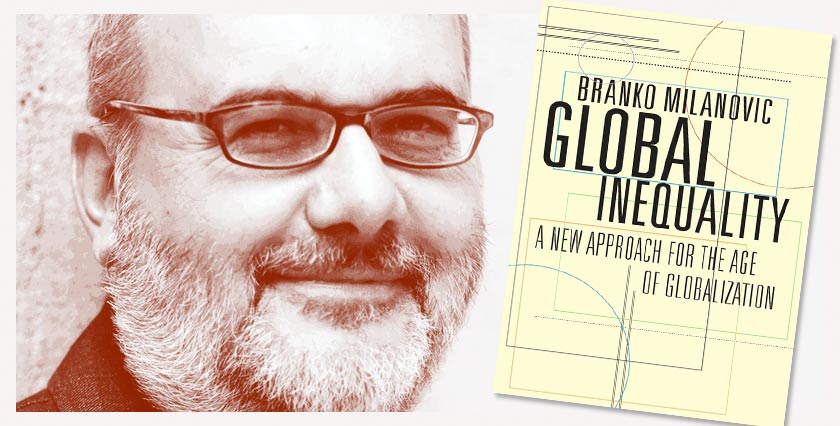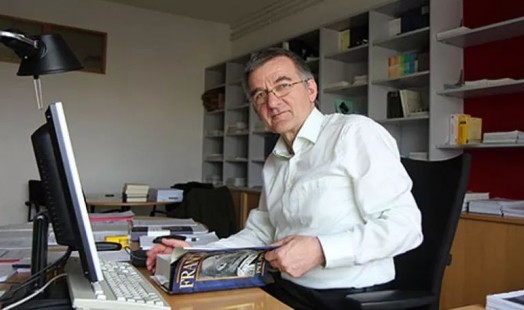Social inequality: what has work got to do with it?
Since the publication of Piketty’s Capital in the twenty-first century in 2014 social inequality has become the talk of the town. Although the field as such is not new, with the ongoing process of globalisation and the rise of populist political movements, the topic has gained urgency. Interestingly in the work of Piketty, but also others like Branko Milanovic, Walter Scheidel and Bas van Bavel, history plays a prominent role.
Public lecture
On Thursday 21 November, the IISH is organising a public lecture focusing on social inequality. We are very happy that we have found Scheidel and Milanovic willing to cooperate. They will both give a short lecture. In addition, Peer Vries, honorary Fellow at the International Institute of Social History, and Jutta Bolt, assistant professor of Economic History and Development Economics, will also be contributing. The evening will be moderated by Hella Hueck.
Attendance is free but please send an email to Jacqueline Rutte to to sign up for the event.








